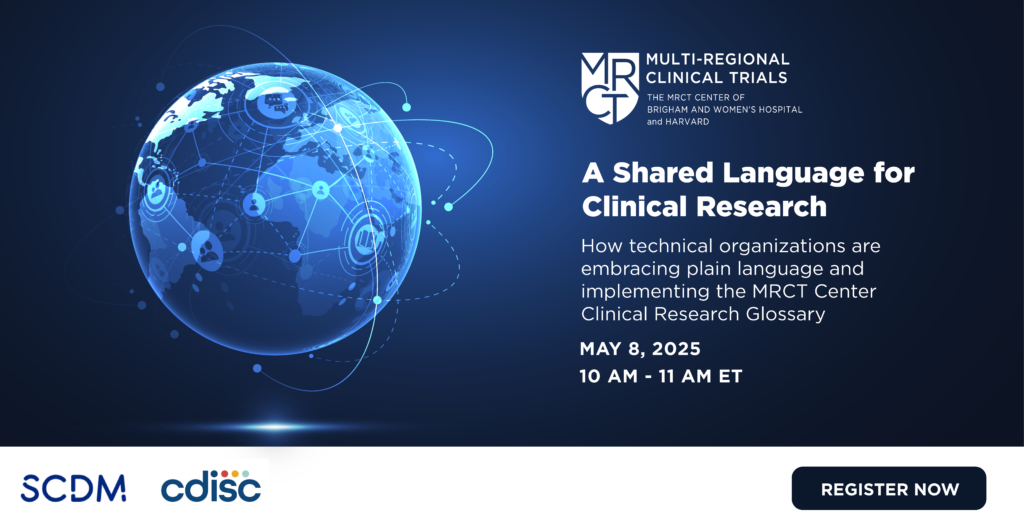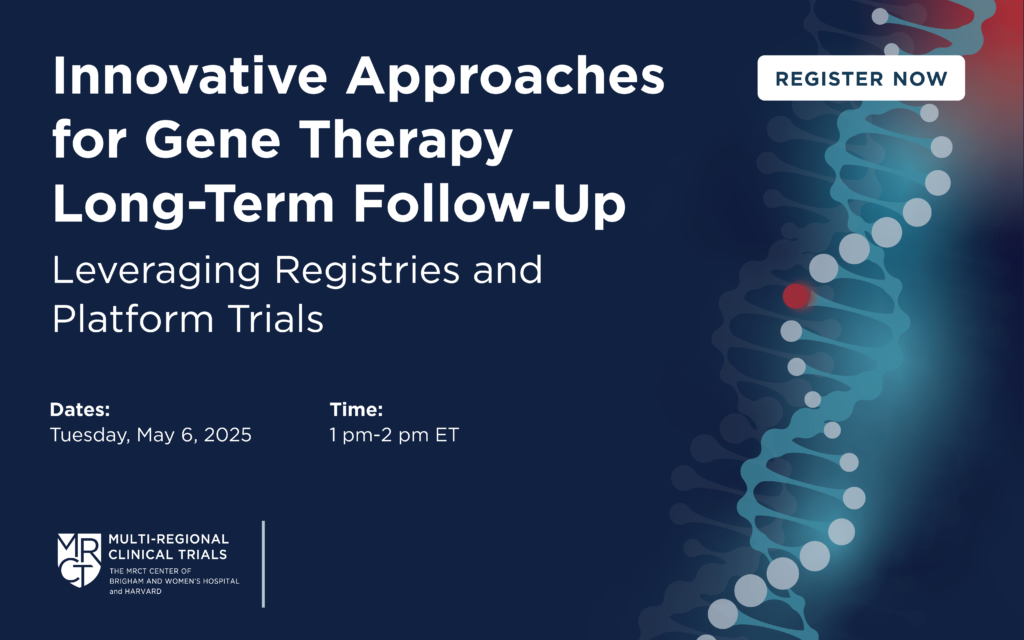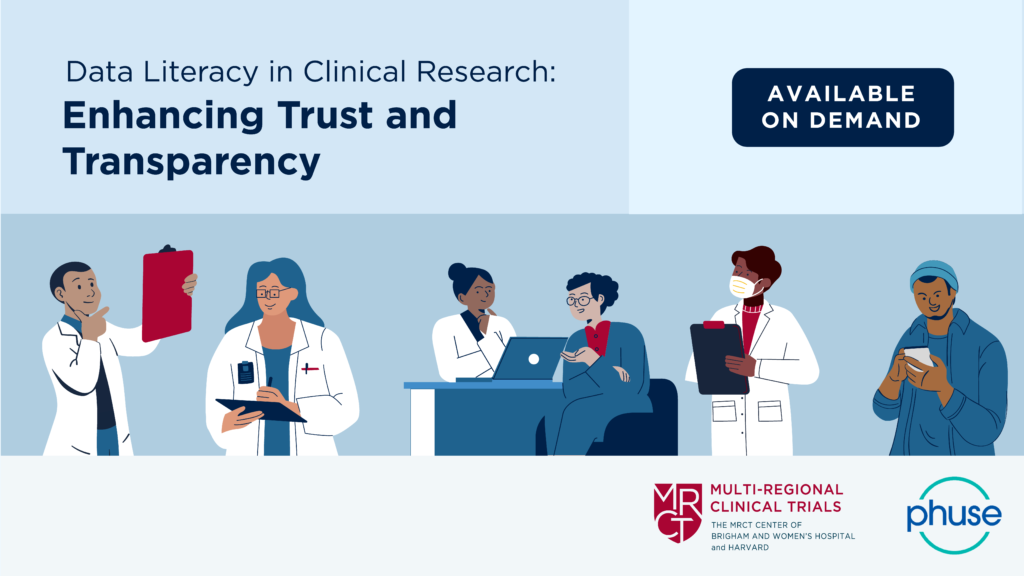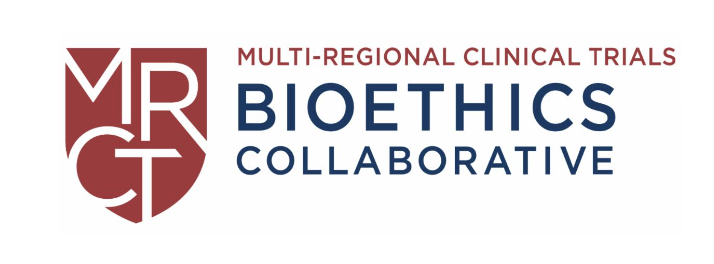
Environmental Sustainability in Clinical Trials
While clinical trials contribute only a small percentage of greenhouse gas (GHG) emissions within the healthcare sector (estimated to contribute 8-12% of overall healthcare related GHG emissions), each stakeholder is responsible for understanding one’s contributions, and all must play their part in mitigation efforts.
The MRCT Center continues to explore the complex set of issues related to environmental
sustainability in clinical trials. In Europe and many other parts of the world, the focus on environmental sustainability is prominent with well-established efforts to study and reduce GHG. The U.S. interest and investment, strong in many individual states and companies, is variable.
A series of in-depth discussions with multiple parties identified critical areas and potential approaches, such as the development of standardized carbon footprint analyses for clinical trials and the assessment of current emission reporting standards.
Building on these insights, we advocated for multi-stakeholder investment in environmentally sustainable practices across the clinical trial lifecycle, including practical and actionable steps each stakeholder in the clinical trial enterprise can take and makes the case for stakeholder consideration of action in the collective effort to achieve net zero emissions while maintaining the value and integrity of clinical trials. A key priority is ensuring that only informative and necessary trials that generate meaningful and actionable data are conducted. Additionally, we recognize that opportunities for improvement exist at every stage of the clinical research lifecycle.
Contact Information: mrct@bwh.harvard.edu
OBJECTIVES
- Increase awareness of environmental sustainability in clinical trials through engagement with stakeholders, supporting existing initiatives, and positioning the MRCT Center as a collaborator and possible convener.
- Amplify existing efforts to garner buy-in from all involved stakeholders.
- Elucidate mitigation opportunities while addressing the complexities and trade-offs accompanying decision-making for clinical trials.
KeY MILESTONES
- July 22, 2024: Lisa Koppelman (virtually) presented MRCT Center findings to date at a meeting of The Greener Trials Consortium (UK)
- March 2024: Completed a thematic analysis of scoping calls
- February 2024: Completed a series of 6 group scoping calls with 4-6 participants each and several additional individual scoping calls, representing the UK, Europe, the US, and South Africa; Stakeholders included academic researchers; clinical trialists; industry
project Leadership & sTAFF
- Lisa Koppelman, MSW, LICSW, MPH, Program Director, MRCT Center
- Trevor Baker, MS, Program Manager, MRCT Center
- Barbara Bierer, MD, Faculty Director, MRCT Center





